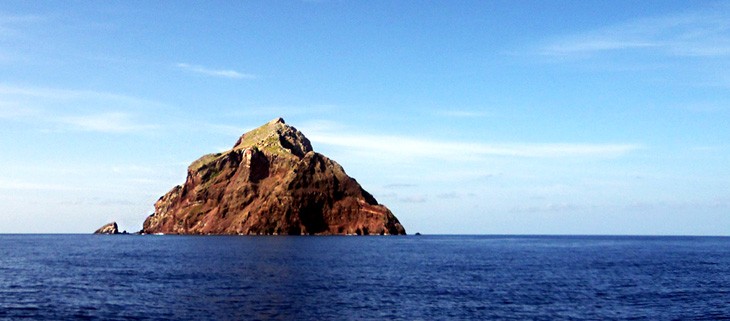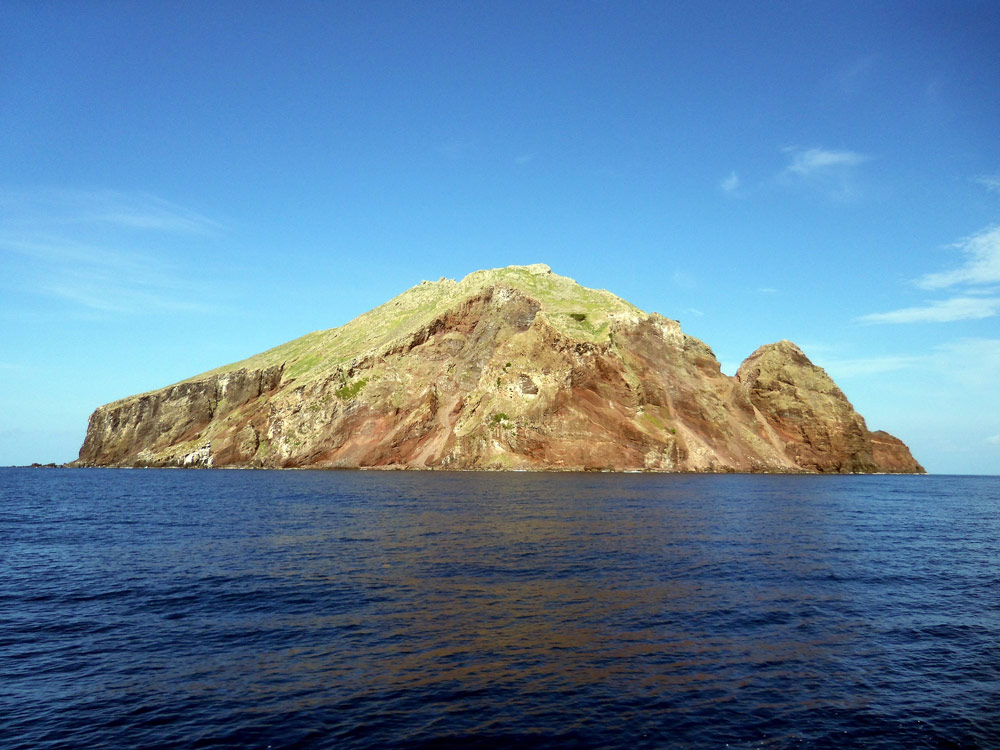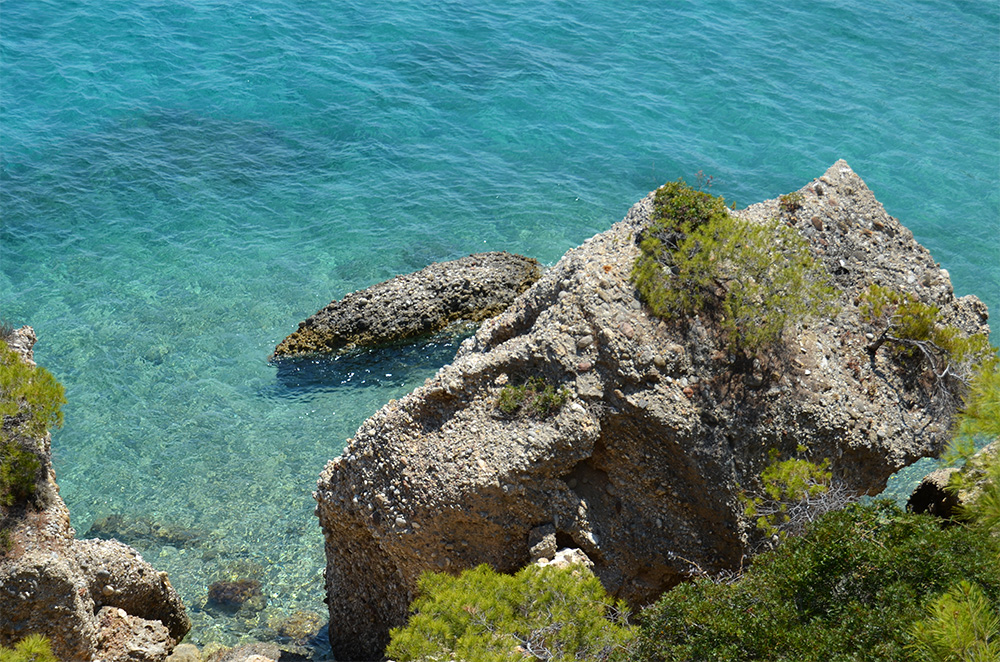March 20, 2025
The Database of Island Invasive Species Eradications (DIISE)
The DIISE is full of important, publicly-accessible data about projects to remove invasive species from islands all around the world!
We use cookies to help you navigate efficiently and perform certain functions. You will find detailed information about all cookies under each consent category below.
The cookies that are categorized as "Necessary" are stored on your browser as they are essential for enabling the basic functionalities of the site. ...
Necessary cookies are required to enable the basic features of this site, such as providing secure log-in or adjusting your consent preferences. These cookies do not store any personally identifiable data.
Functional cookies help perform certain functionalities like sharing the content of the website on social media platforms, collecting feedback, and other third-party features.
Analytical cookies are used to understand how visitors interact with the website. These cookies help provide information on metrics such as the number of visitors, bounce rate, traffic source, etc.
Performance cookies are used to understand and analyze the key performance indexes of the website which helps in delivering a better user experience for the visitors.
Advertisement cookies are used to provide visitors with customized advertisements based on the pages you visited previously and to analyze the effectiveness of the ad campaigns.

If you came across Redonda Island in the Caribbean, you probably wouldn’t think much of it. It looks like a giant, barren, good-for-nothing rock in the middle of the ocean. Maybe you’d double-take if you noticed some alarmingly skinny livestock wandering around.
But Redonda used to be a flourishing, small but vibrant ecosystem home to a variety of native plants and animals. So what happened?
Goats.

New research looks at goats on islands
A new scientific study published in Biological Invasions, “Long-term effects of feral goats (Capra hircus) on Mediterranean island communities: results from whole island manipulations” has emerged outlining the impacts of goats on Mediterranean island ecosystems. Goats that are introduced to island ecosystems will alter the natural environment by grazing native plants and trampling terrain. Invasive goats can cause a decline in soil quality and native plants, damage sensitive habitat, and disrupt food web dynamics. In fact, they have been identified as the 6th leading cause of species loss worldwide because of their impacts to vegetation.
On Redonda Island, the introduced goats ate up just about all of the island’s plants and proceeded to starve with no further food resources available. Luckily, conservation efforts are under way to save the goats and restore the island–but it’s no small task.

Why do goats pose a severe threat to island ecology?
Goats are very hardy and adaptable; they can eat tough plants—even plants with chemical defenses, require little water, have high reproduction rates, and can eat, well, a lot. To better understand and quantify the impacts of invasive goats on island ecosystems, the researchers studied 16 islands in the Aegean Sea, Greece, within a biodiversity hotspot home to variety of endemic plants (found nowhere else on Earth). They examined ecosystem changes before and after the removal of invasive goats.
Across a variety of scientific studies, goats have been found to:
After removing goats:
The study clearly demonstrates the damage invasive goats can cause on islands, and also indicates a need for continued conservation efforts—especially native vegetation restoration—on islands following their removal to support ecosystem recovery. To date, approximately 164 goat eradications have succeeded (DIISE 2015). However, how ecosystems respond to invasive goat removal varies, and more research is needed to understand how we can support native island plants and wildlife following conservation intervention.
Featured photo: Redonda Island, Carribean. Credit: Lauren Delizia
Check out other journal entries we think you might be interested in.
Notifications